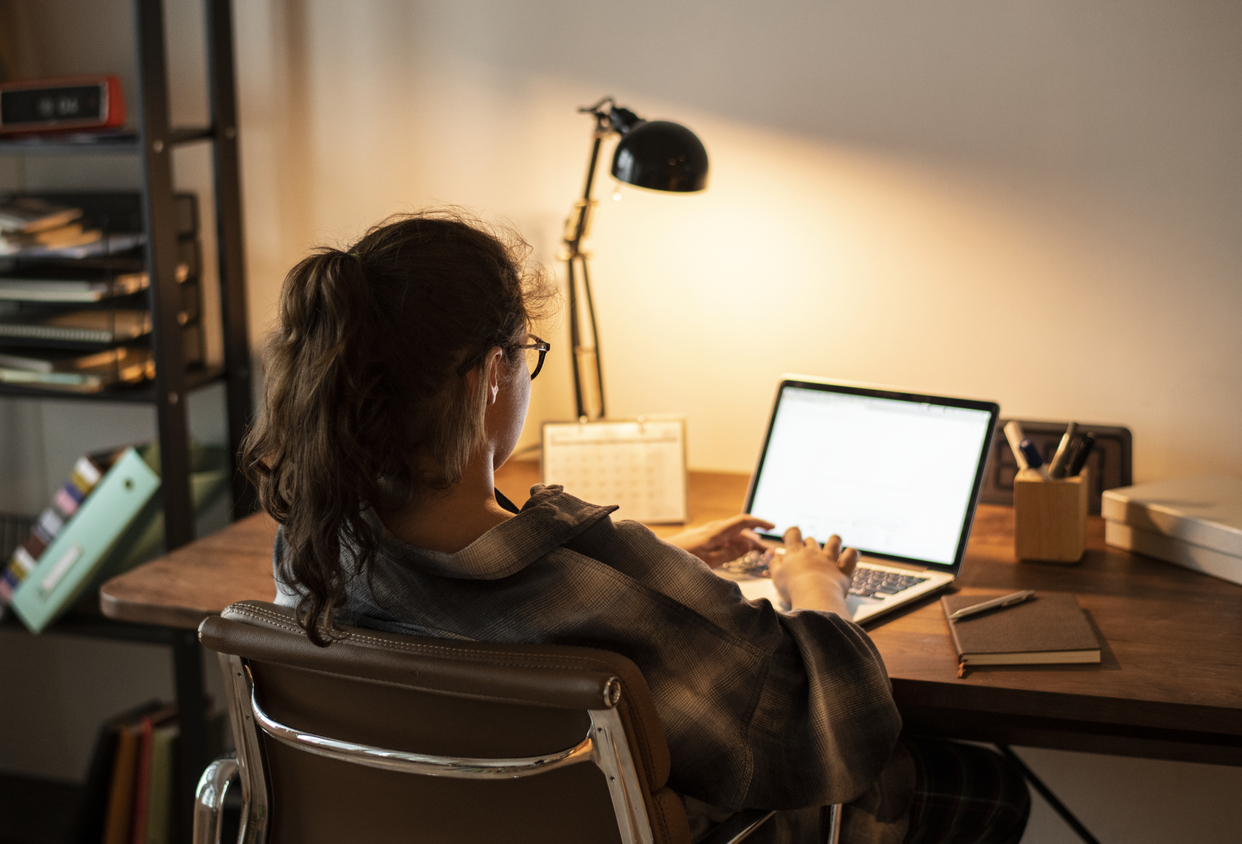
News
Cause of long term sickness more complex than home working during the pandemic
Charlotte Williams, Senior Organisational Consultant at Tavistock Consulting, warned that it was too “simple” to blame the pandemic and home working for the numbers of people reportedly unable to work, due to mental health problems, back and neck pain, and post viral fatigue.

Charlotte was speaking at an interview on the Welsh national radio station, Radio Cymru on Wednesday.
“Back and neck problems are not only associated with poor posture but are also often associated with high levels of stress, depression and anxiety,” said Charlotte.
She pointed out that over the last three years the population in the UK has had to face numerous challenges, including existential issues related to the pandemic, the ongoing economic crisis, poverty, and the war in Ukraine.
Charlotte said: “Whilst we may have a vaccine which helps us to manage the virus and reduce deaths significantly, we are still processing the psychological impact of the pandemic and facing huge political and economic instability and the impact of climate change increases year on year. There is a lot to manage. Suggesting that the problem is all down to people working from home and not having access to the right equipment is too simple.”
The Office for National Statistics reports that 2.5 million people in the UK are on long term sick leave due neck and back injuries, with almost 70 percent of these happening after covid-19 in early 2020.
While we need to make sure that everyone – whether working from home or in the office, has access to the equipment that they need, Charlotte said it was unrealistic to expect everyone to return to the office, and that this would cause distress for many.
“Employers need to be flexible, enquire about individual needs, give space for people to process recent experiences and work with the people to keep them physically and mentally well in the workplace. For some this will mean working in the office, for others it will be working from home, employers are likely to need both.
“We need to a take a more nuanced and complex approach to this matter, recognise the impact of current times on people’s mental health, support each other by recognising how recent the pandemic was, and how challenging some people’s lives remain in the UK, both as a result of the pandemic and the other issues I have referred to. And of course, as usual, we need to increase access to the right support for those suffering with mental health issues to enable them to recover and take up their lives fully again,” said Charlotte.
